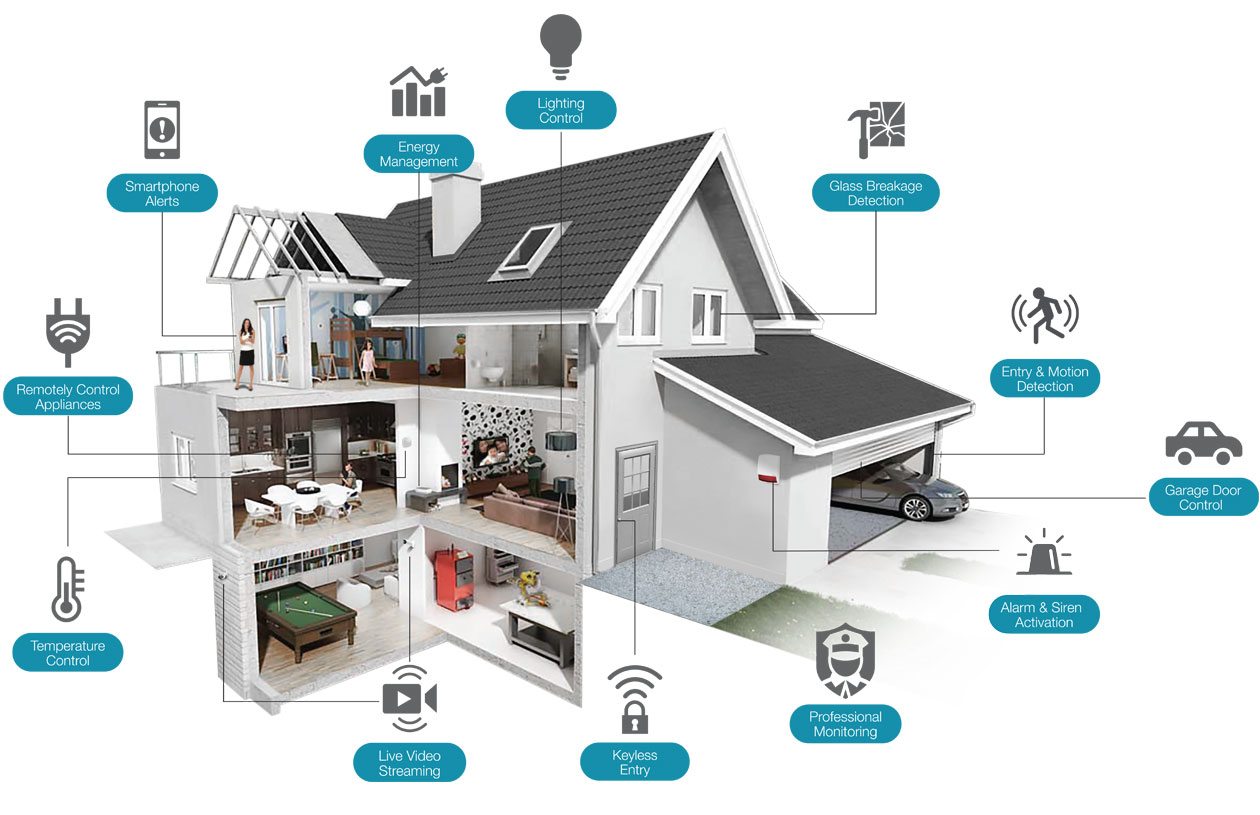The need for sophisticated and even energy-efficient socio-cultural habitats is at the top of the list of the world we live in. The construction industry, specifically by technology, has been completely transformed and made relevant again.
Automation, robotics, data analysis, and virtual reality now power the industry, to streamline processes, improve sustainability, and deliver high-quality buildings. Hence, the article will shed light on the most recent innovations changing the Residential Construction in Atlanta. Also, we’ll learn how smart technology is revolutionizing the way we have always been living in our houses.
Automation and IoT for Smarter Home Building
Artificial Intelligence (AI) and (IoT) are the two most radical factors that are revising the features of Home Building. Automated home includes interconnected lights, temperature, and security systems that you can manage using your phone network.
Automation at this level makes our lives more comfortable and also reduces power consumption and improves a house’s security. Smart thermostats, lighting systems, and sensors make the house more convenient while also decreasing energy usage resulting in lower bills and smaller carbon emissions.
Robotics and Drones Changing Construction Workflows
Drones with high-definition cameras can provide vivid and precise monitoring on construction sites, leading to real-time updates and smooth project management. Also, robotics technologies provide automated solutions like bricklaying and framing, thereby increasing safety and productivity on the sites. Hence, by using technology, companies can bring down labor costs, shorten the duration of projects, and improve the constructed projects.
Offsite Modular Construction with Prefabrication
Another ground-breaking method is offsite modular construction, which is referred to as prefabrication. Instead of constructing houses fully on-site, modular construction deals with individual components in a factory, and then assembling them on-site.
The approach has many features that include short construction time, reduced wastage, and exceptional oversight. The nature of modular homes allows homeowners to create different designs and layouts that suit their tastes. Furthermore, as most of the construction process takes place inside, the weather has no adverse effect on the project schedules.
Data Analytics and Project Management Software
Data analysis and management tools have taken center stage for feasibility reasons and workflow optimization in construction. Diverse data sources, such as sensors, drones, and project management software, are an excellent resource for all businesses. They can detect trends, recognize potential troubles early, and allocate resources correctly at due time.
Moreover, it offers a platform for team members to work together in real time via communication and coordination. Contractors with the capacity to act upon actionable data are more likely to stay on schedule, control costs, and complete the project on time and under budget.
Virtual and Augmented Reality Transforming Design
Virtual and augmented reality technologies are revolutionizing the process by which architects and designers brainstorm and communicate their concepts. Designers, through developing virtual realistic environments, can take clients on a virtual tour to show them the final product.
Furthermore, it offers the clients a satisfactory experience thereby enabling architects to identify design flaws earlier in the process. In contrast to augmented reality, augmented reality allows to display of virtual data above the real world. Through that, the workers can see the building plans and instructions which are, thus, linked to increased accuracy and efficiency.
Sustainable Building Materials and Green Construction
Sustainability forms the basis of modern innovations used in residential building construction. Utilizing eco-friendly materials for energy-saving design methods in sustainable construction is becoming a trend among the construction community.
Bamboo, reclaimed timber, and recycled steel allow choosing sustainable alternatives to regular building materials. Also, such material decreases environmental impact without causing a drop in quality and style.
Moreover, the passive design methods including insulation and proper orientation promote heating and cooling systems to minimize energy consumption. Hence, switching to sustainable home building will decrease carbon emissions and provide inhabitants with cleaner and greener homes.
Get to know more about residential construction in Atlanta in our recent posts. Please visit here for related posts.
The Final Verdict
Technology will be the key element in creating the future homes, as we look to the future of residential construction. Developing automation, robotics, data analytics, and Sustainable materials are not limited but extend to innovations.
Construction businesses can make buildings smarter and more efficient by utilizing innovation and employing the most recent technology. Additionally, this technology will satisfy the needs of the current homeowners and sustain the environment for generations to come. The future of residential construction is full of promise and there is no stopping this industry as it grows and evolves.





